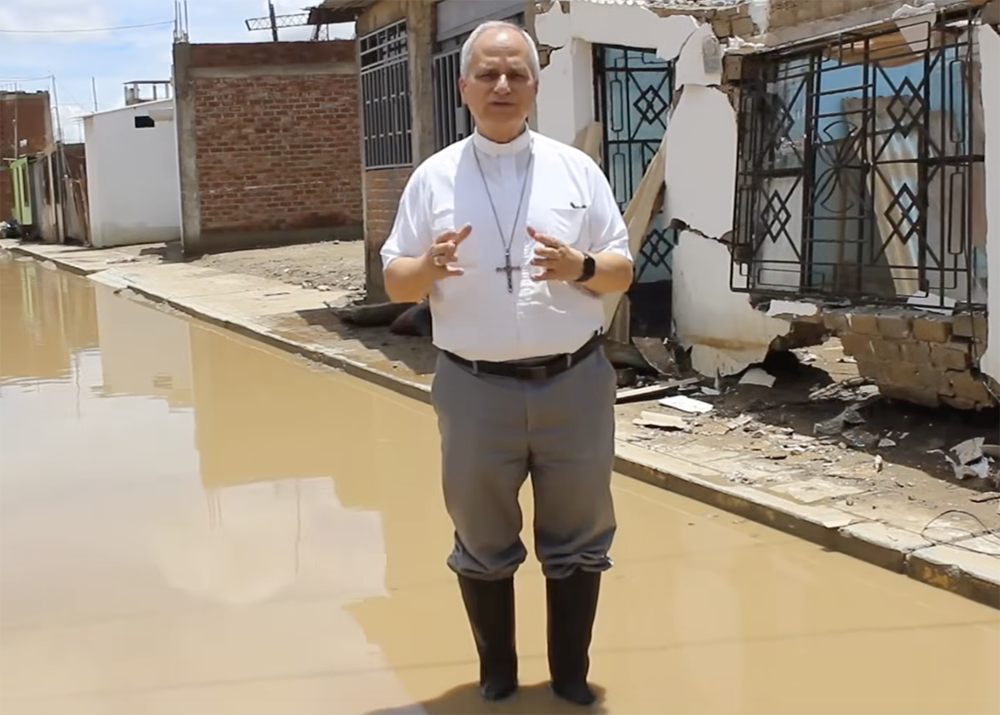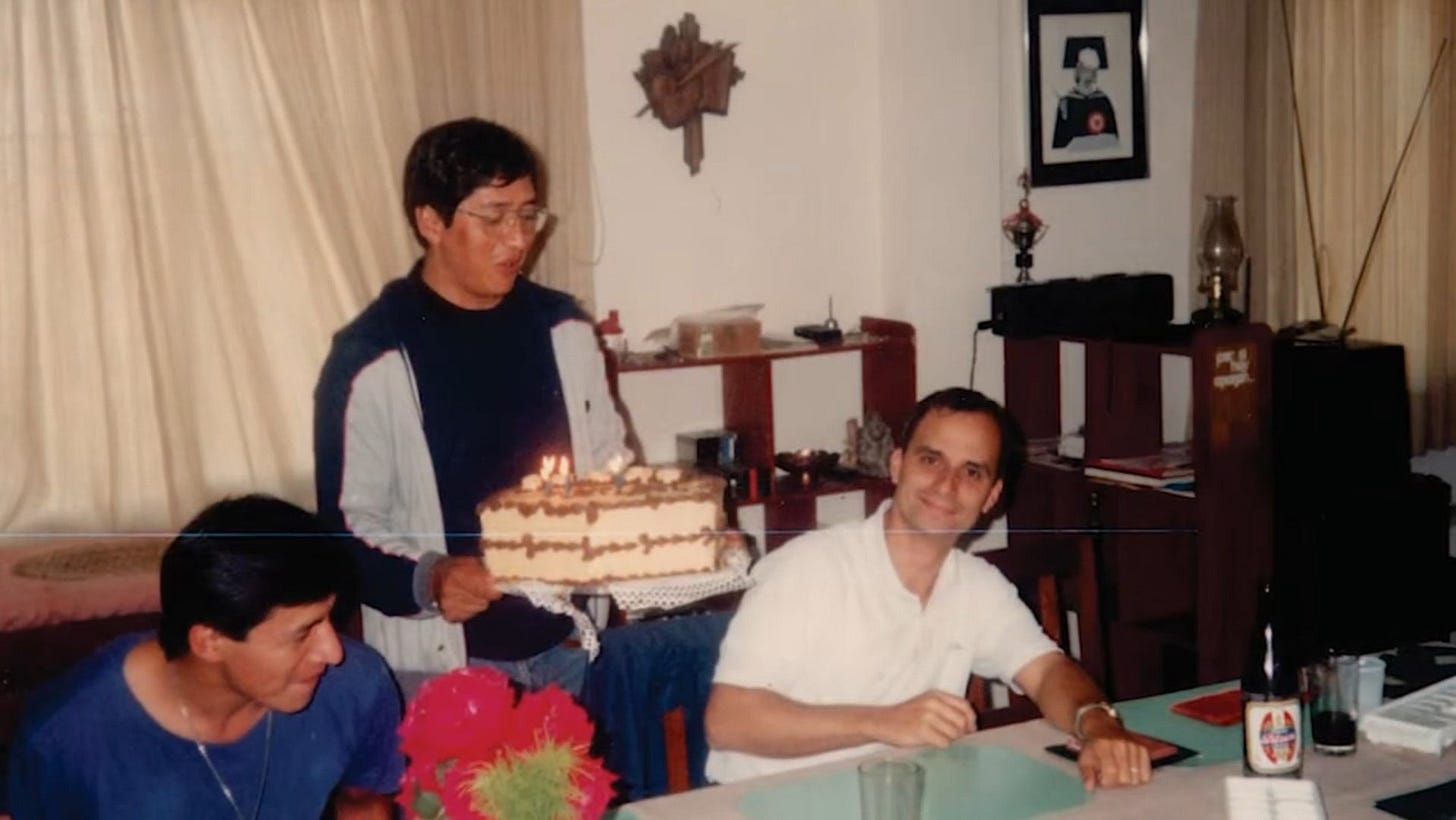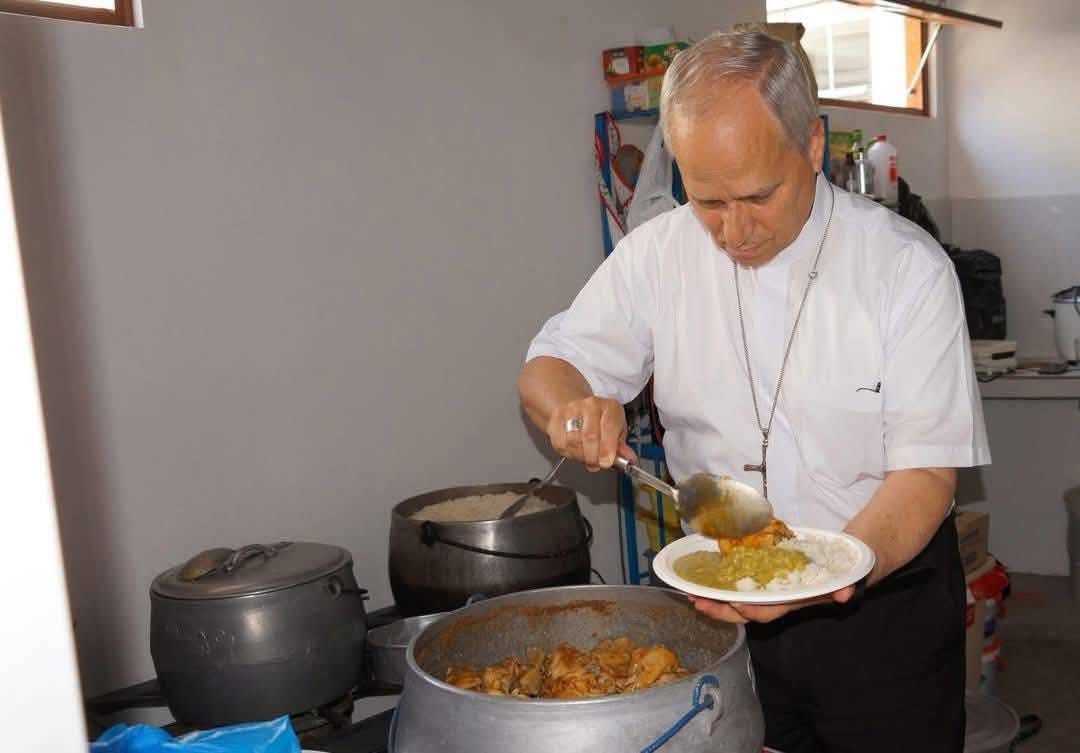How Peru Made Pope Leo XIV
New revelations from Pope Leo XIV’s years in South America show why his gentle style hides a radical vision for the Church and the world.
Dear friends —
Happy Wednesday!
Thanks to your incredible support, Letters from Leo continues to be one of the fastest-growing Substacks in the world — and a space open to everyone, no matter your politics or your faith.
Today’s essay is the third and final part of our journey into the “hidden years” of Pope Leo XIV in Peru in the 1980s and 1990s — the period that shaped his heart, his theology, and ultimately, his papacy.
If you haven’t read the first two installments, I encourage you to do so — they offer essential context for understanding the full arc of Leo’s story. Still, today’s piece stands firmly on its own, offering new insight into how those formative decades continue to echo through his leadership of the Church today.
Part III, published today, connects those early years to the papacy itself: how the lessons learned in northern Peru — listening before leading, accompanying before commanding — are now visible in Pope Leo’s gestures, appointments, and global priorities.
All of this is based on an extraordinary brand-new book about Leo’s time in Peru, written by his longtime friend Armando Jesús Lovera Vásquez.
As always, these long-form essays come from both deep research and a genuine love of helping readers understand this historic moment more fully — and are available exclusively to paid subscribers.
If you’re already subscribed but can’t access this piece, just reply to this email and we’ll fix it right away.
Thank you, as always, for walking this road with me.
Armando Jesús Lovera Vásquez’s new book about his friend Robert Prevost and the stories within it do more than fill in a biographical gap; they hold a key to understanding Pope Leo’s leadership today.
What emerges from Leo’s Peruvian years is a model of the Church as a community of friends on mission. It’s a vision he has carried into every role since.
As Prior General of the Augustinians for 12 years, Prevost “never acted like a distant sovereign or bureaucrat,” one colleague recalls.
“He always acted like a brother among brothers”, responsible for decisions but ruling through friendship and reason.
Good governance, this colleague observed, stemmed from treating those under you as people to be loved, not problems to manage.
Indeed, Lovera contends that Leo’s formation in the Augustinian notion of friendship will be “key not only to his personality, but also to his governance” as pope.
Here’s how we are already seeing that play out in Leo’s first six months.





